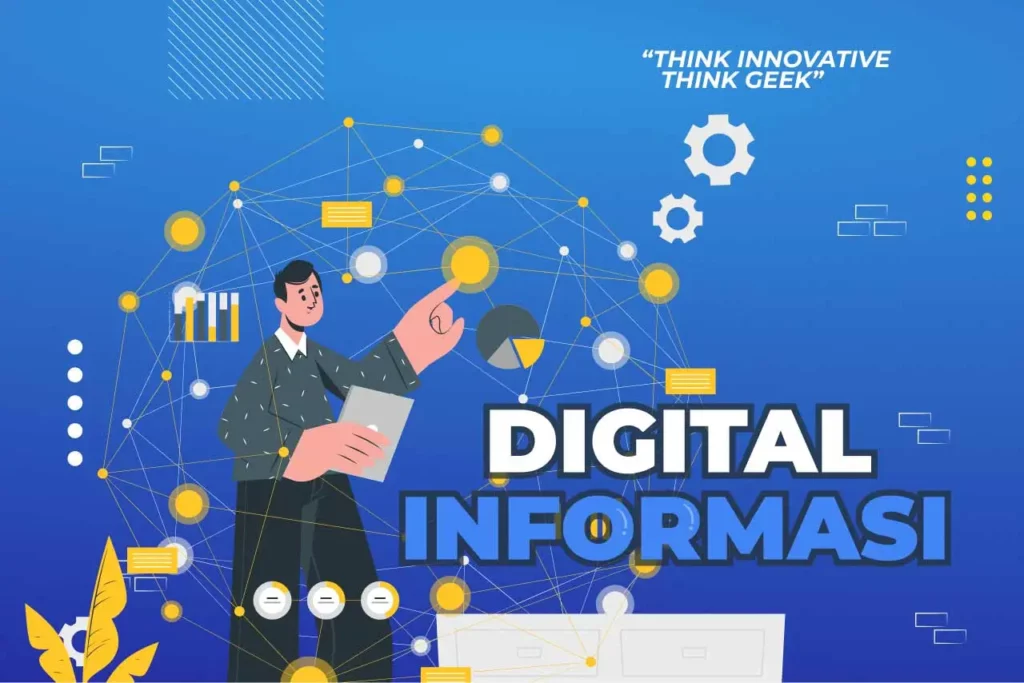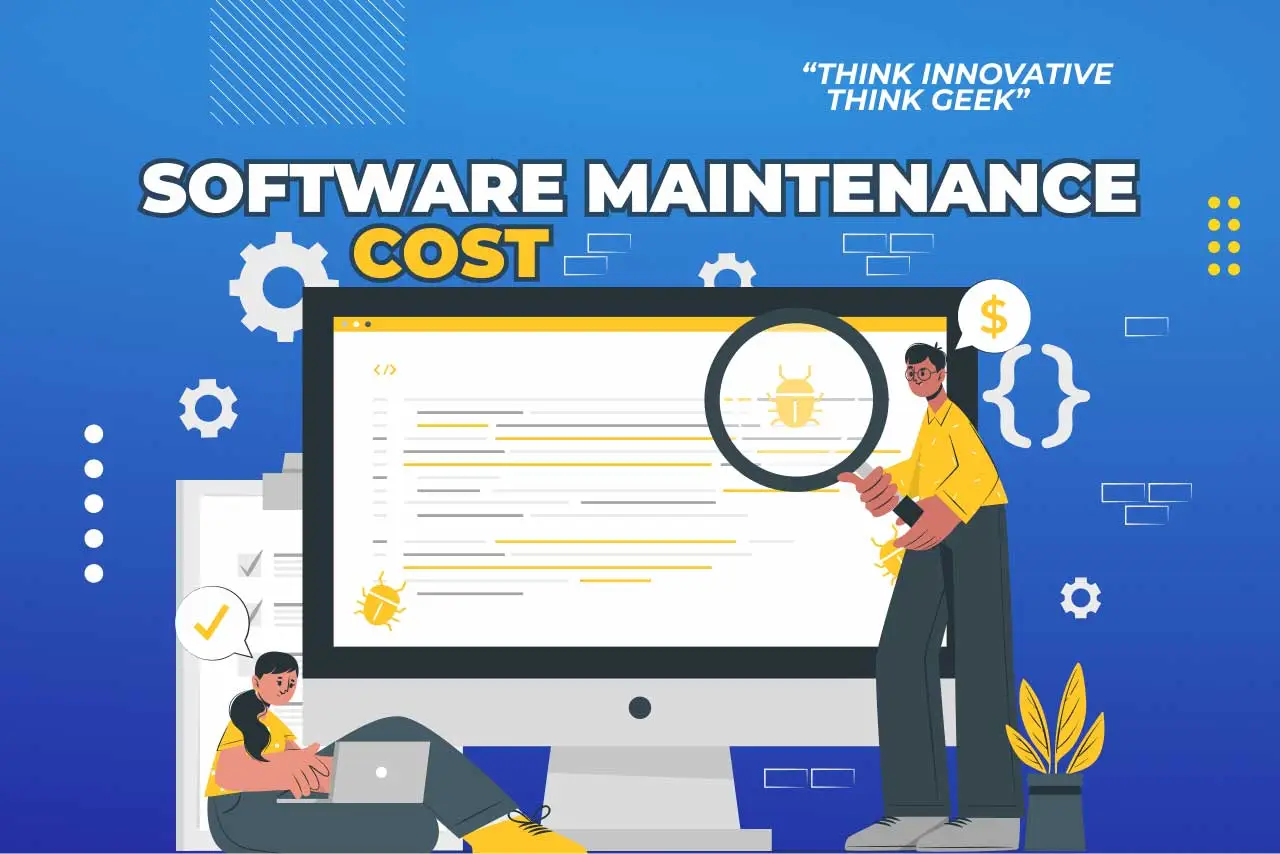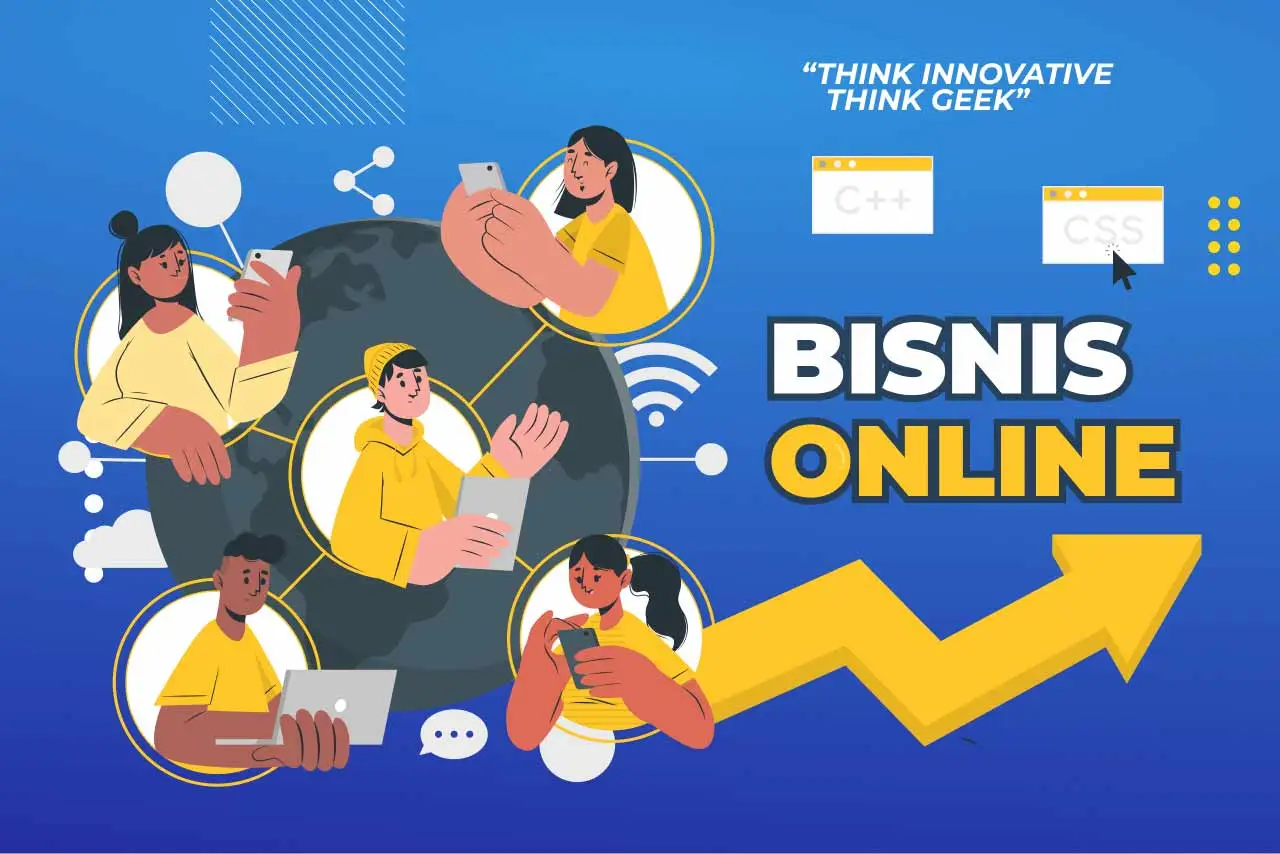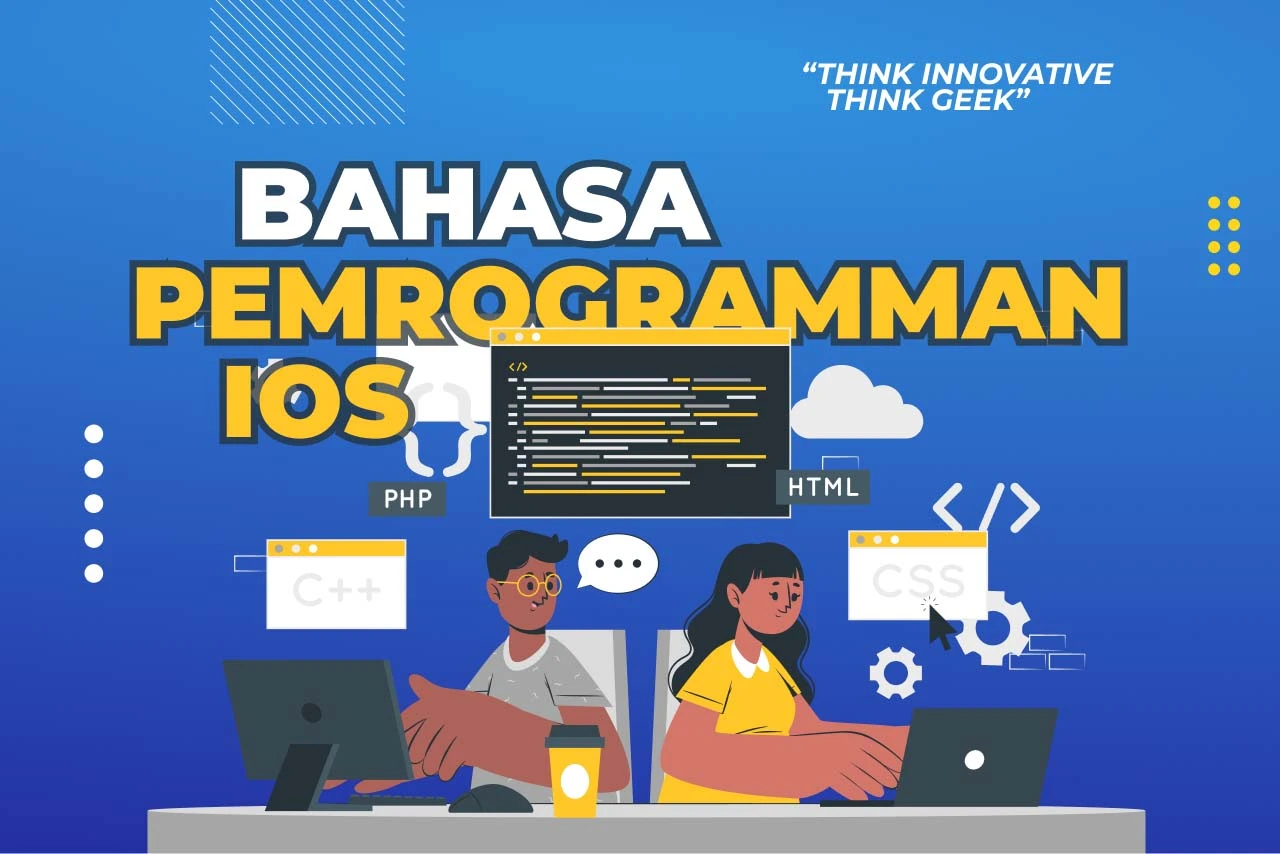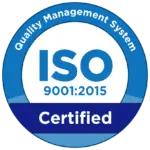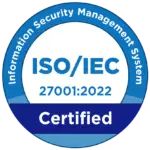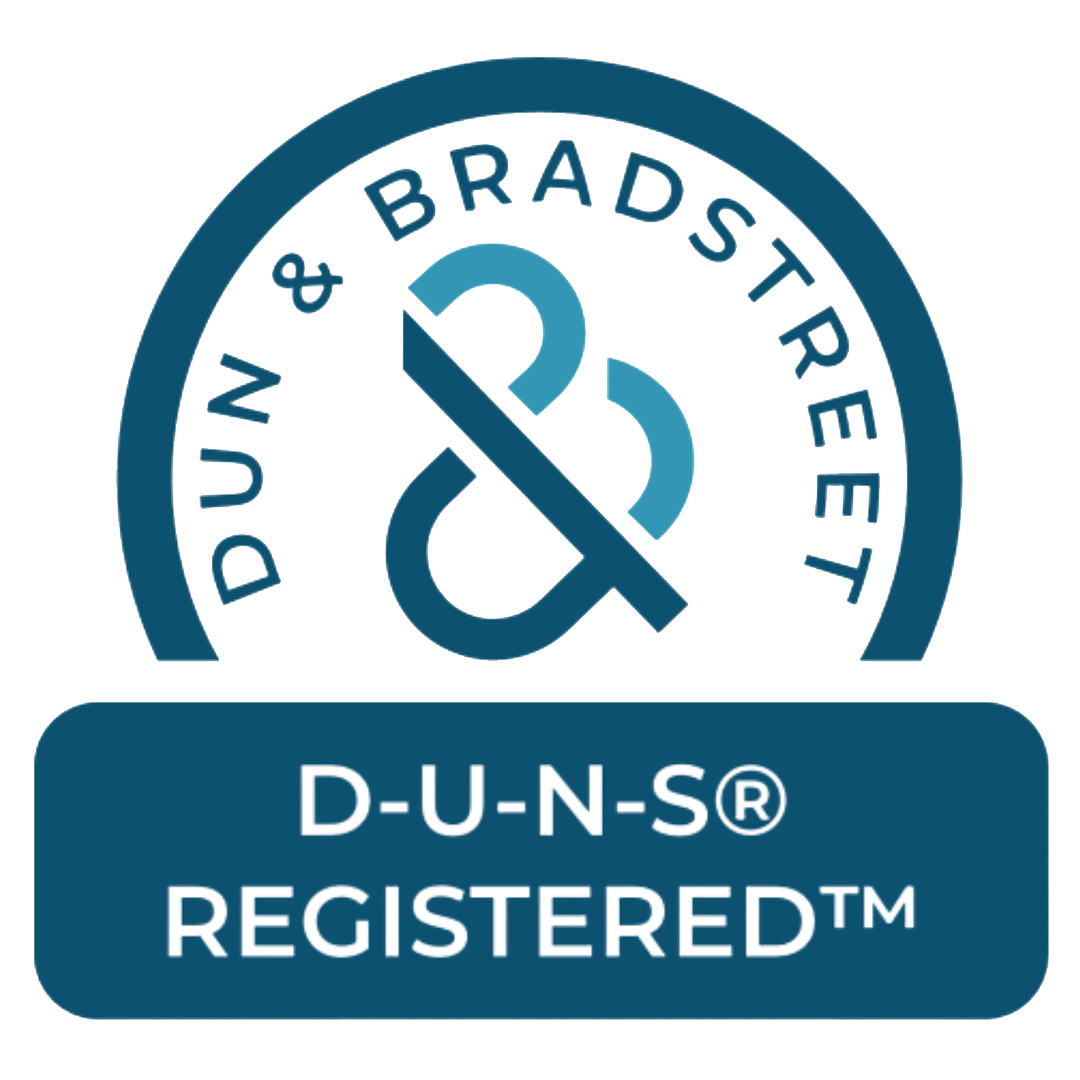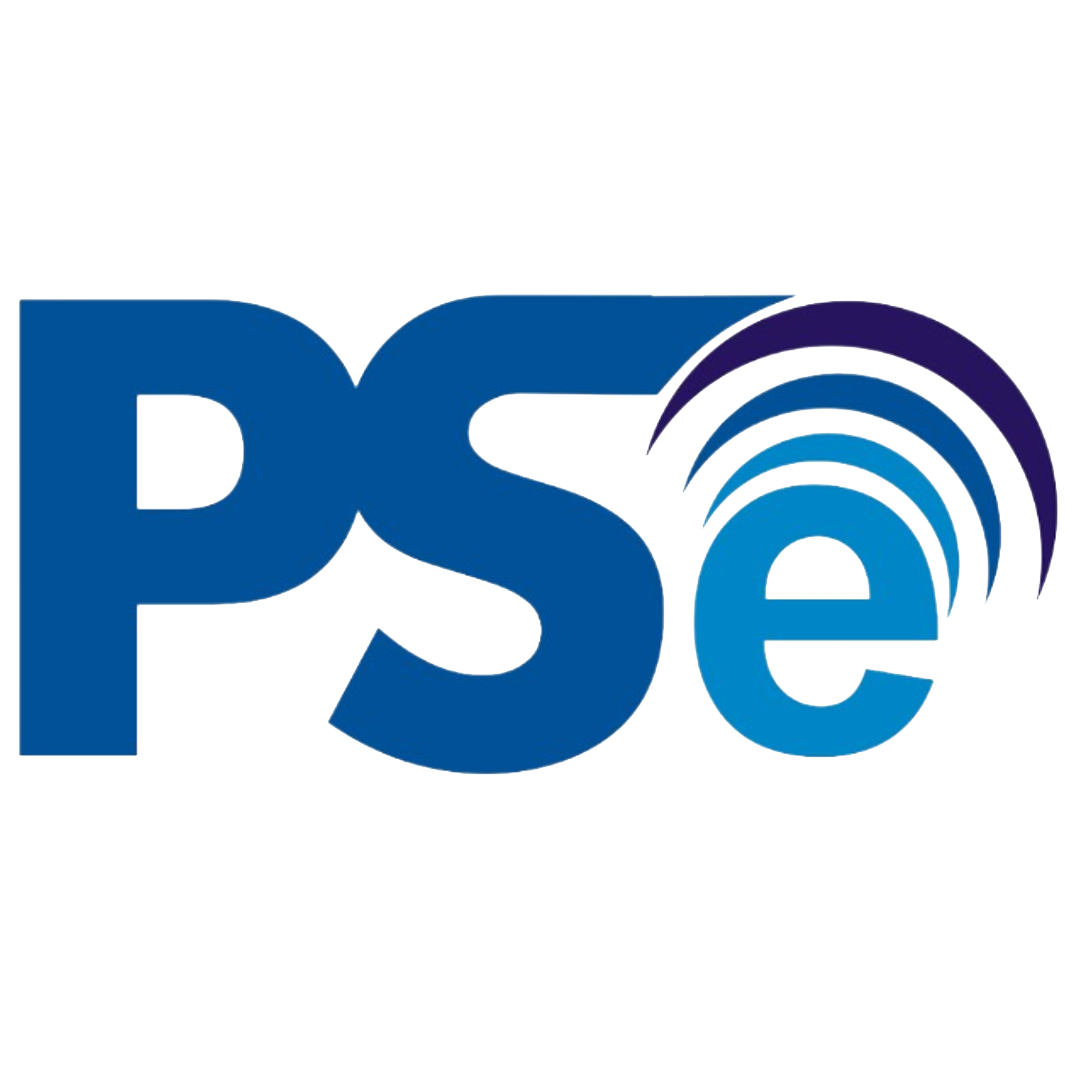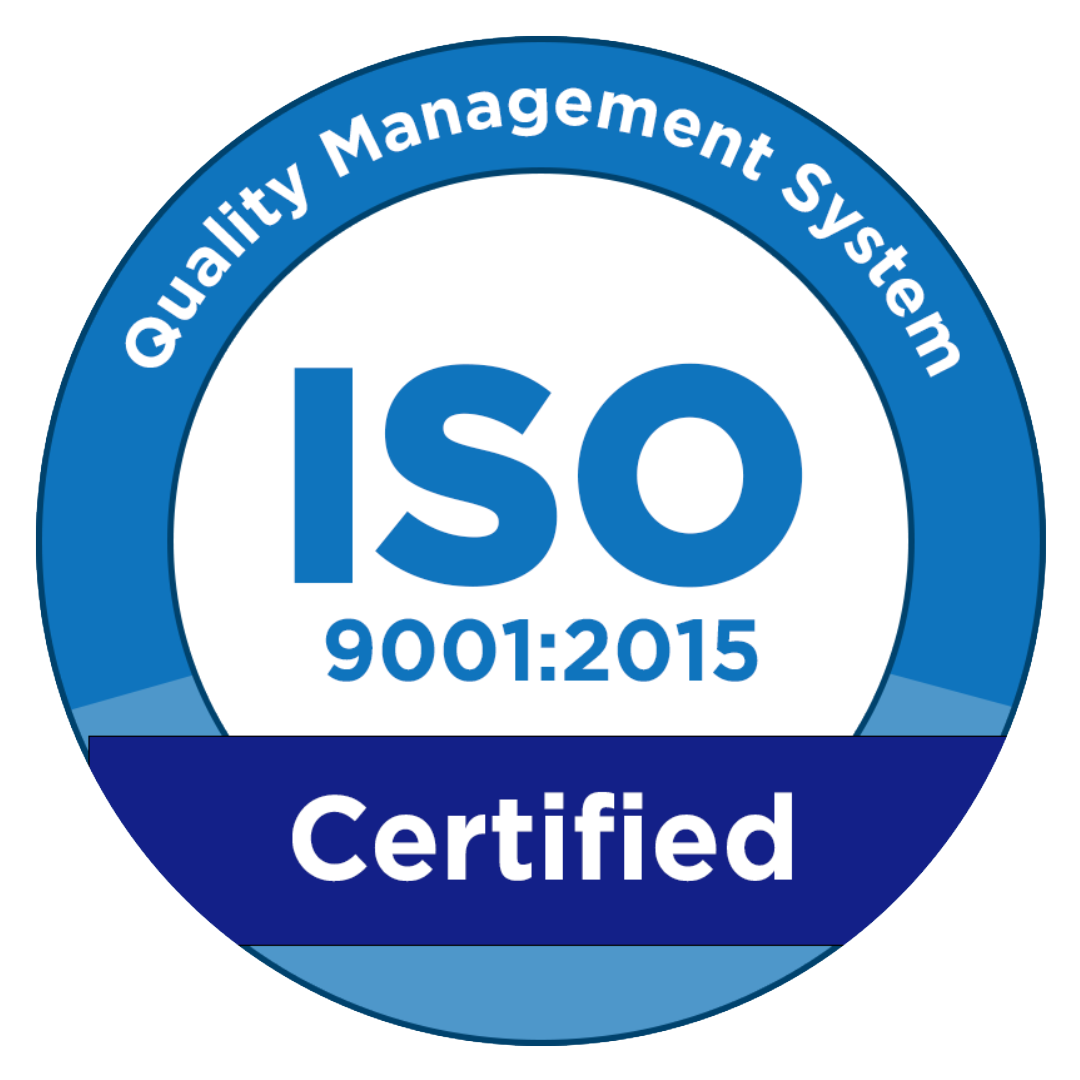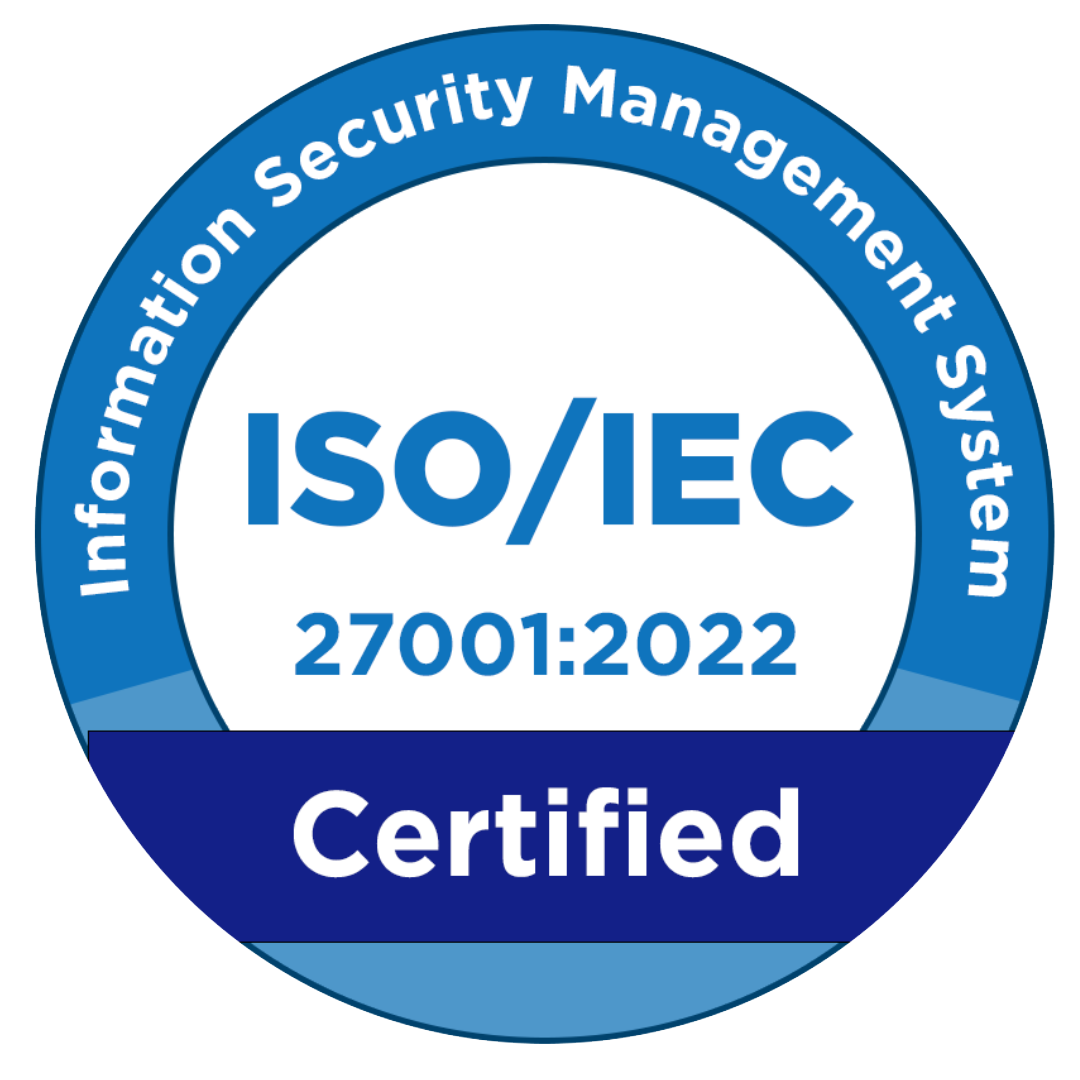Digital transformation has become a hot topic across various industries, including mining. In today’s digitalization era, information digitization is not just an option but a necessity.
This transformation brings significant changes and benefits to companies operating and managing resources, particularly in the mining sector.
In this article, you will learn about the various benefits of digitalizing information in the mining industry. Let’s dive into the details!
What is Information Digitization?
Information digitalization is converting physical data into a digital format, making it easily accessible, analyzable, and usable. This effort also facilitates better decision-making for companies or organizations.
In the mining sector, digitalization encompasses various aspects, from operational data collection to risk and safety management.
Industry 4.0 has ushered in a digital revolution that significantly impacts various sectors, including mining. Technologies such as the Internet of Things (IoT), Big Data, and Artificial Intelligence (AI) enable mining companies to boost productivity and operational efficiency.
With digitalized information, decision-making becomes faster and more accurate, supported by real-time data. The mining sector also faces numerous challenges, such as commodity price fluctuations, safety risks, and environmental impact. However, digital information can help mining businesses tackle these challenges more efficiently.
Key Benefits of Information Digitization in Mining
Apart from aiding companies in collecting, processing, and analyzing data efficiently, digital information in mining also offers other significant benefits. So, what are these benefits? Here are some key advantages:
1. Enhanced Operational Efficiency
Digital information allows for the automation of various processes in mining operations, such as monitoring heavy equipment and optimizing transport routes. This can reduce the time and effort needed to manage operations while minimizing human error.
2. Improved Data Accuracy
With digitalization technologies and programs, the data collected from the field becomes more accurate and can be accessed in real-time. This helps managers make decisions and gain a clear picture of operational conditions.
3. Reduced Operational Costs
Digitalizing information can also lower operational costs, such as labor and fuel. With an efficient mining management system, companies can allocate resources more optimally and reduce production costs.
4. Enhanced Safety and Risk Management
A Mining Safety Management System (MSMS) enables real-time monitoring of workplace safety conditions. In addition, sensors and IoT can be used to detect hazardous conditions, allowing workers to prepare for potential dangers.
5. Maximized Resource Utilization
By using digital technologies such as mine planning software and simulations, companies can plan the use of resources more efficiently. This not only benefits the environment but also increases the economic value of mining operations.
Technologies in Mining Digitalization
You’ve seen that information digitalization in the mining sector can utilize several technologies, such as IoT and AI. But what other technologies can be utilized in the mining industry?
1. IoT Technology for Monitoring and Maintenance
The Internet of Things (IoT) enables connectivity between various devices and sensors at mining sites.
This technology can be used to monitor the condition of heavy equipment, environmental monitoring, and even early detection of equipment malfunctions.
2. Big Data and Analytics for Decision Making
Big Data allows companies to collect and analyze large-scale data from various sources. With proper big data and analytics, this vast data can be used to make accurate decisions.
Beyond decision-making, big data can optimize production, predictive maintenance, and better logistics management.
3. Cloud Technology for Data Storage and Processing
Businesses in the mining sector must always have a good backup plan. This is crucial because companies store various important and confidential data.
However, mining businesses should utilize cloud to securely and structurally store large amounts of data. Moreover, the cloud allows flexible data access, making interdepartmental collaboration easier.
4. AI and Machine Learning for Speed and Precision
Artificial Intelligence (AI) and machine learning are frequently used in the mining sector for information digitalization.
These technologies can analyze complex data and provide accurate predictions regarding operations and potential problems. AI and machine learning can predict changes in field conditions and respond quickly.
5. Blockchain Technology for Data Security
Blockchain can ensure data security and integrity in the mining sector. This technology enables transparent and immutable recording of transactions and operational data, reducing the risk of data manipulation.
Application of Digitalization in the Mining Sector
Digitalizing information not only changes how mining companies operate but also opens new opportunities to increase efficiency, productivity, and sustainability. So, how is information digitalization applied in the mining sector?
1. Heavy Equipment Monitoring and Automation Systems
Using monitoring systems and mining automation for heavy equipment helps companies monitor equipment performance and condition in real time. This technology enables proactive maintenance and reduces downtime.
2. Drone Usage for Exploration and Monitoring
Drones are used to map mining areas, monitor operational activities, and inspect environmental conditions. This technology provides a broader and more accurate view while reducing risks for workers who must monitor dangerous areas.
3. Utilization of Geology and GIS Software
Geology software and Geographic Information System (GIS) are used to map the geological structure around the mining area. With more accurate data, mine planning and exploration can be conducted more efficiently.
4. Environmental and Occupational Safety Monitoring with Sensors
Sensors are used to monitor environmental conditions such as air quality, vibrations, and noise. This digital information technology helps companies maintain safety standards and minimize environmental impact from mining operations.
In conclusion, information digitization offers numerous benefits to the mining sector, from increased operational efficiency to cost reduction and safety management.
By applying various technologies, such as IoT, big data, and AI, mining businesses can operate more effectively and efficiently and increase ROI.

Therefore, if you plan to implement mining IT and mining optimization in your mining business, collaborate with us. GeekGarden offers custom energy software solutions specifically developed to optimize all your business management processes.
Contact us through the contact page on the GeekGarden website and discuss your project with us now! Let’s move forward together with information digitization!
Author: Sari Dewi (Content Writer)
Editor: Helmi Maulidina (SEO Specialist)



